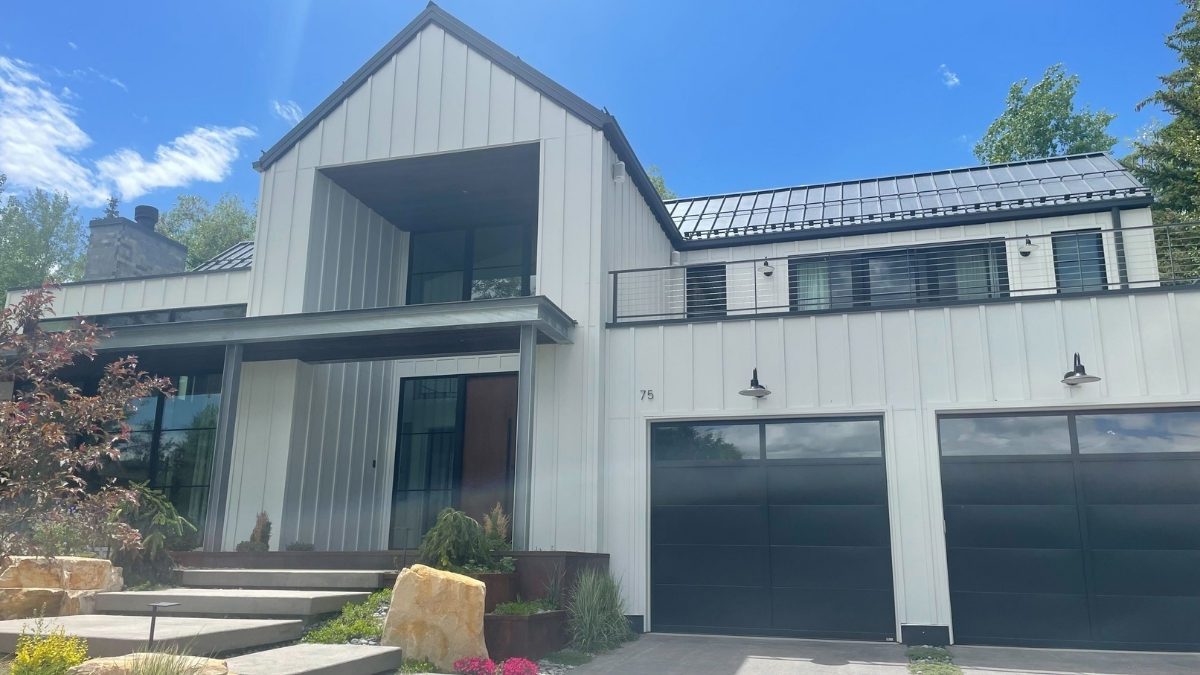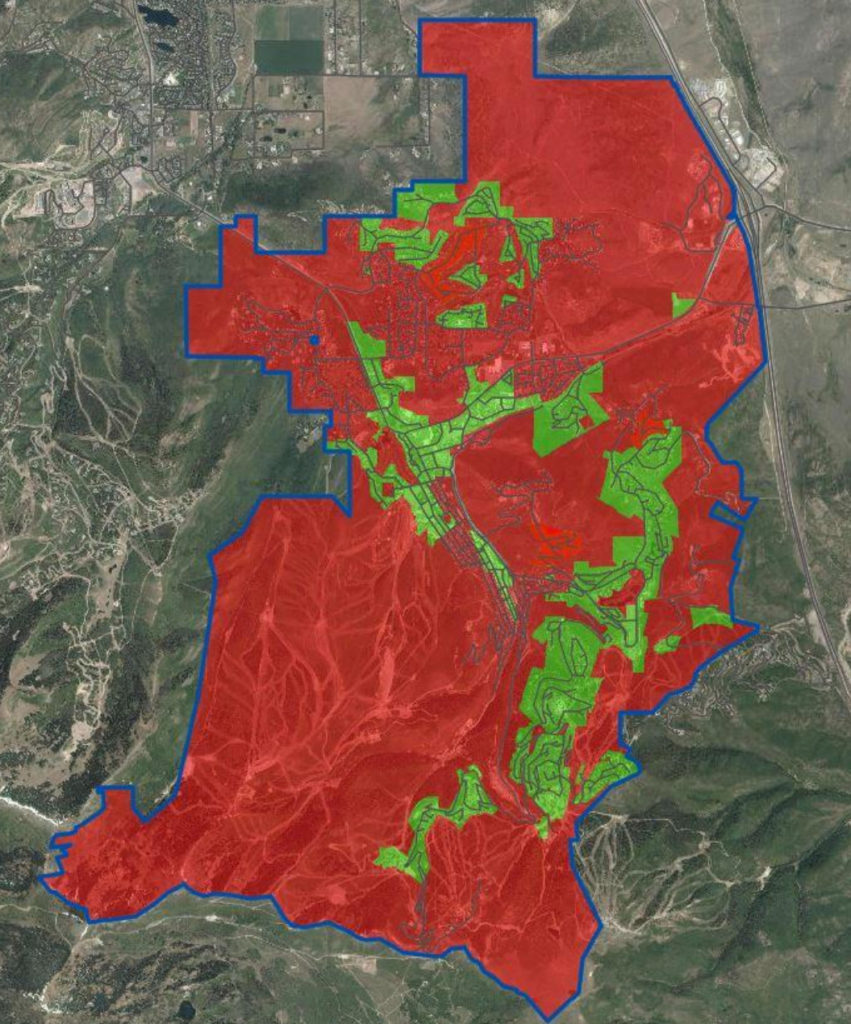Politics
Park City Council delays decision on ordinance targeting Pacaso model

A home on Thaynes Canyon Dr. currently listed on Pacaso’s website Photo: TownLift
PARK CITY, Utah — The Park City Council voted Thursday night to continue a discussion on land management code amendments that aim to codify fractional ownership and regulate its use in certain zones.
The council will take the issue back up in October, with plans to discuss the issue in detail before then. The proposed ordinance in front of the council Thursday was unanimously approved by the planning commission in May.
City Attorney Margaret Plane said that because of pending ordinance doctrine, anyone who applies for a fractionalized home in the 180 days since the ordinance was noticed (would expire early November) will be subject to the proposed rules- ensuring that applications cannot sneak in prior to adoption.
If approved, the amendments would do the following:
- define single-family dwelling fractional ownership
- establish single-family dwelling fractional ownership in zoning districts where timeshares and private residence clubs are allowed and require a conditional use permit
- prohibit fractional ownership in primarily residential zoning districts
- require an active business license for each single-family dwelling fractional ownership
A look at where single-family home fractional ownership would be allowed (note: planning staff has indicated that the map is for visual purposes only and has potential for inaccuracies. An interactive, public-facing map will be available if the council enacts the ordinance.):

The most notorious company known for pursuing this homeownership model is Pacaso, a startup founded by former Zillow executives in 2020 that was valued at $1 billion within its first year of operation.
The company has made noise in resort communities across the country, from Avalon, New Jersey to Sonoma, California. Residents have been quick to express their displeasure —the website stoppacasonow.com includes “Stop Pacaso Now” lawn signs and letter templates for op-eds.
Pacaso’s model essentially creates a property LLC for each home, finds co-owners, and handles the sales operation. They also handle furnishing, repairs, utilities, and property management. Some homes are offered for half a share, and others 1/8.
Proponents of the Pacaso model argue that it is more sustainable than traditional second-home ownership because the properties are full year-round with revolving guests contributing to the local economy.
Use of residential units by multiple parties is not new to Park City. It’s estimated that 15% of homes in PC limits have a listed LCC as the owner.
Several people spoke to both sides of the argument during the public comment session.
Economist Paul Zane Pilzer, a New York Times bestselling author that has lived on Aerie Dr. for 40 years, said, “Pacaso is in the time sharing business.”
“This is a timeshare. It smells like a timeshare,” he said. “It will destroy our way of life and values.”
Park City Board of Realtors CEO Jamie Johnson, which advocated for the continuation, responded after Pilzer saying “we do believe that this is fractional ownership.”
“The majority of these homes are multimillion-dollar homes that would never be affordable to workforce housing,” Johnson said.
Jessica Cell Chambers, a city councilwoman from Jackson, Wyoming, called in to support the proposed ordinance. “We don’t really know too much about all of this, but we do know that it’s a slippery slope,” she said.
Multiple local Pacaso homeowners spoke in favor of the model Thursday night. “We do feel like we’re a part of the community,” one said.
Sarah Filosa, a spokeswoman for Pacaso, told the council that fractionalized homes “should not be excluded from zones that permit rentals of 30 days or less.” She clarified that she wanted the permitted zones to include historical residential. In response to affordable housing concerns, she said the company would donate $5,000 per property to local nonprofit Mountainlands Community Housing Trust (with a $35,000 cap).
Councilman Max Doilney called that an “insult.”
“You’re talking about owning essentially $100 million worth of property in Park City as it stands,” he said. “I don’t even really want to have the conversation unless it’s 1% per transaction.”
Councilman Ryan Dickey said it wouldn’t make sense for fractionalized homes to be prohibited in areas where nightly rentals are allowed. He also said the ordinance should apply to townhomes, not just single-family dwellings.
For the sake of clarifying and tightening up the proposed rules, the majority of the council felt it was the best choice to delay the decision.


















